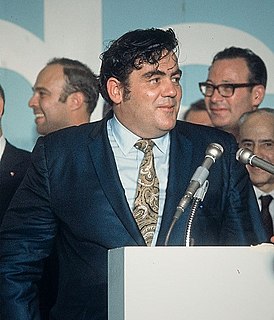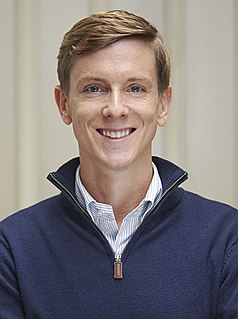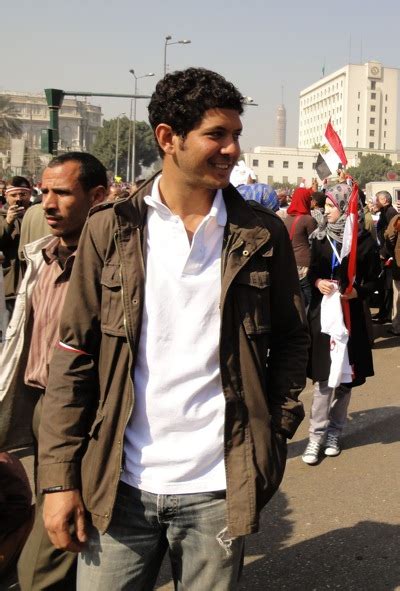A Quote by Gail Sheehy
Journalism today is obviously in a major transition. Going to journalism school, learning how to write, working your way up in a little paper in Decatur, Georgia and then moving to Atlanta and then maybe to New York: it's just over. You have to have a whole other set of skills now. You have to be a videographer, you have to do social media. You can't do a long, thoughtful, insightful piece if you don't have the time to do reporting, particularly reporting around somebody who doesn't want to be known or an issue that doesn't want to reveal itself.
Quote Topics
Around
Atlanta
Georgia
Going
How
Insightful
Issue
Itself
Journalism
Just
Known
Learning
Learning How To Write
Little
Long
Major
Maybe
Media
Moving
New
New York
Now
Obviously
Other
Over
Paper
Particularly
Piece
Reporting
Reveal
School
Set
Skills
Social
Social Media
Somebody
Then
Thoughtful
Time
Today
Transition
Up
Want
Way
Whole
Working
Write
York
Your
Related Quotes
I want to help clean up the state that is so sorry today of journalism, and I have a communications degree. I studied journalism -- who, what, where, when, and why -- of reporting. I will speak to reporters who still understand that cornerstone of our democracy, that expectation that the public has for truth to be reported. And then we get to decide our own opinion based on the facts reported to us.
I don't think journalism changes. It's about digging into stories and telling them well. The basic tenets of great reporting stay the same while things around it change. Technology has made reporting easier, but it has also caused job loss. Social media has increased discussion around topics, but it has its own challenges at times.
Journalism schools are good to get a job, but I don't know what else they are good for. I don't like the word "journalism" to begin with. It's news reporting, and that consists of using your two feet. The only lesson, then, that you could give people is how to climb stairs, because there are no stories on the first floor.
Early on in life I knew that I was a writer, that I just wanted to write, I love books, I love literature and after graduating college, I kind of wandered around in Europe learning languages and writing novels and never led anywhere. And then I got into like journalism in New York as a way to kind of maybe find my way into the field and it wasn't a good fit. It just wasn't right for me.
I reluctantly signed up for a journalism major, thinking I needed a fall-back way to make money should my career as a novelist fail to take off. As I started to try on journalism, including doing internships and working at the campus paper, I found I actually liked it. So I started to want to be a journalist.
My reporting in Africa wouldn't be political per se, but it's certainly the point of my reporting - and of a lot of other reporters I know: Human suffering is bad, and if reporting stories about it brings it to light and someone does something, that's part of the point of journalism. And it's a thin line between that and activism, and you have to be careful about that.
I'm always very careful to make the distinction between music criticism and music journalism. A lot of people don't. But criticism doesn't require reporting. You can write criticism at home in your underwear. On the other hand, journalism takes legwork - you have to get out there and see things and talk to people.
I hated the culture, I hated the work. I very quickly realized that this wasn't what I wanted to do. So, after two years, I took some writing courses - I always loved to write - and I figured the only way I was going to get paid to write was in journalism. I really wasn't very involved politically with anything up until that point. Then I started reading about the second Palestinian Intifada, and I spoke to friends in activist and journalism circles. Then, somehow by complete luck, I ended up at Democracy Now.
I don't go to an office, so I write at home. I like to write in the morning, if possible; that's when my mind is freshest. I might write for a couple of hours, and then I head out to have lunch and read the paper. Then I write for a little bit longer if I can, then probably go to the library or make some phone calls. Every day is a little bit different. I'm not highly routinized, so I spend a lot of time wandering around New York City with my laptop in my bag, wondering where I'm going to end up next. It's a fairly idyllic life for someone who likes writing.
I want to set up a new standard: ‘scientific journalism.’ If you publish a paper on DNA, you are required, by all the good biological journals, to submit the data that has informed your research—the idea being that people will replicate it, check it, verify it. So this is something that needs to be done for journalism as well. There is an immediate power imbalance, in that readers are unable to verify what they are being told, and that leads to abuse.






































